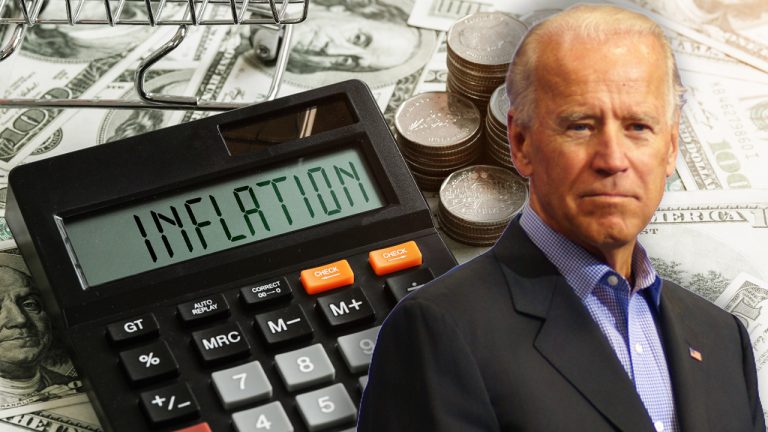
Pubkey, a Bitcoin bar in New York City, hosted the former US President and 2024 Republican nominee for a campaign stop on Sept. 18.
Republican Party presidential nominee Donald Trump appeared in a New York City bar and restaurant famous for accepting Bitcoin, becoming the first former US president to use the cryptocurrency in a transaction.
According to a Sept. 18 X post by Pubkey, Trump used Bitcoin (BTC) to purchase hamburgers at the NYC bar. BTC advocate and Professional Capital Management CEO Anthony Pompliano was in attendance at the campaign stop, which was also reported on Trump’s Truth Social account.
The event came less than two days after the Republican nominee announced the launch of a token through the World Liberty Financial crypto platform, run by members of his family. Despite once calling Bitcoin a “scam” and crypto “based on thin air,” Trump has advocated for BTC miners as part of his 2024 campaign and spoken at the Bitcoin 2024 conference in Nashville.











